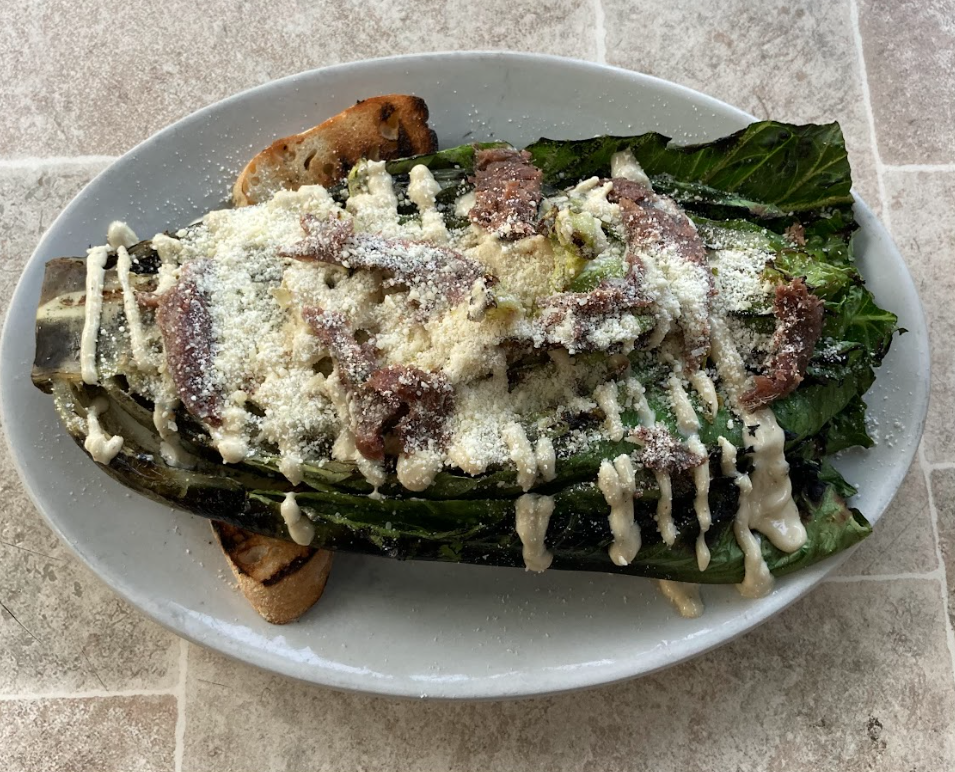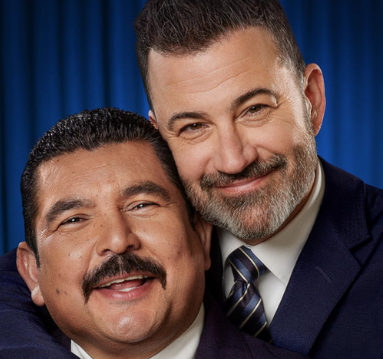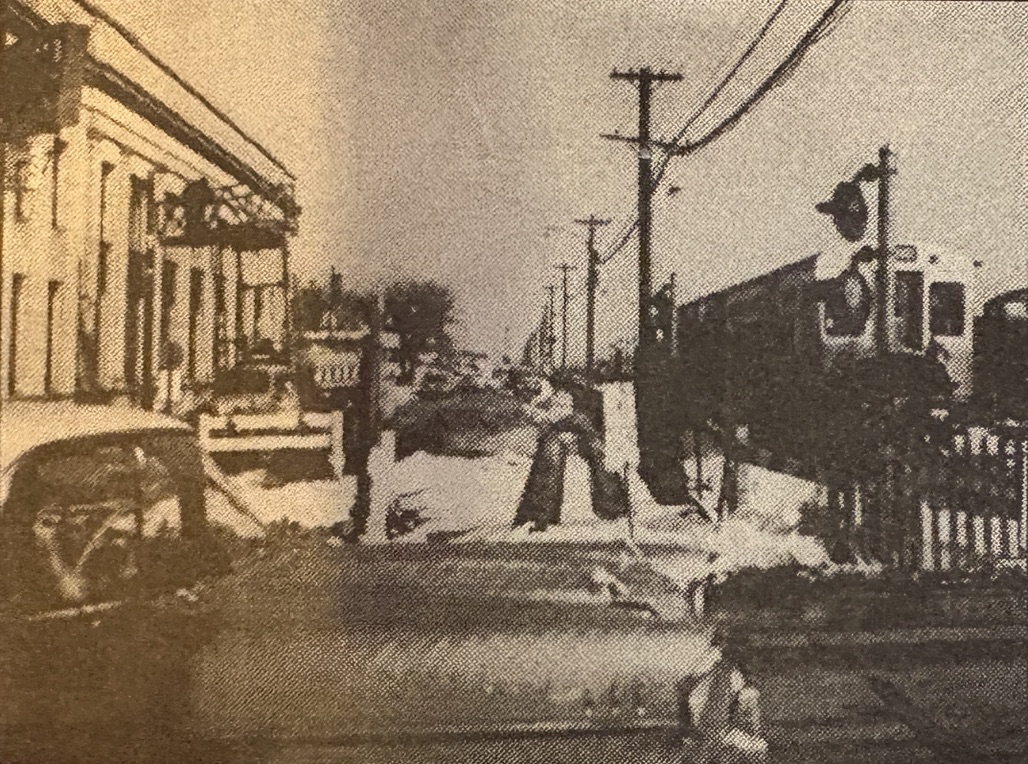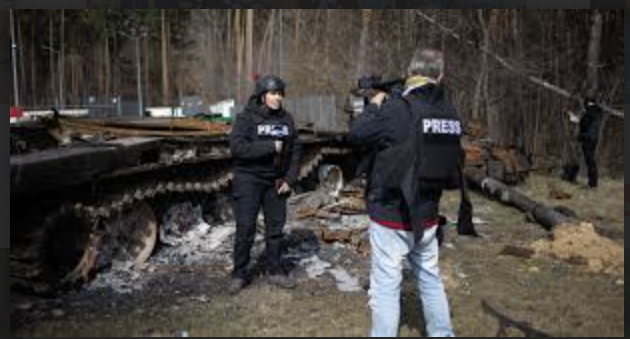My time at Oak Park and River Forest High School hasn’t followed a perfectly clear path. While I started with a four-
year plan freshman year, the reality was much more unpredictable. As I packed my schedule with my AP and honors
classes, I eventually realized that to avoid burnout, I needed a balance with courses that eased stress while still keeping me motivated. With that in mind, I’d like to share some classes I found to be especially worthwhile.
When I entered my junior year, I realized that I wanted to strengthen my writing skills through both practice and
mentorship. I was looking for a space where I could write about topics I cared about while contributing to something bigger than myself. When a teacher sug- gested I look into Trapeze, our school newspaper, I was immediately interested. After hearing how passionate our sponsor, Kate Hawley, was about journalism, it felt like I had identified a community I could join and truly contribute to.
As high school persists and its unpredictability sets in, finding a solid community can often feel out of reach. Nonetheless, Trapeze has laid the foundation for me, showing what it means to depend on, communicate with and enjoy the people you work alongside. I always look forward to seeing my fellow staffers, and being part of this team has made a real difference as I navigated some of the hardest years at Oak Park and River Forest.
If you love writing and are looking for a supportive but professional space to grow, I definitely recommend signing up for Trapeze as an English elective.
While reading this piece, you’ll probably notice where my career interests lie, especially with my next class recommendation, which falls under the Fine Arts wing here at OPRF. The first broadcasting class listed in the course catalog focuses on the production side of radio journalism and opens the door to a wide range of opportunities. Classes are held in the Newscene studio, a space equipped with multiple cameras, updated Apple computers with efficient editing software and a fully functional sound booth complete with the intricate control panels you’d find in a real broadcasting studio.
Whether you see yourself in front of the camera, like I do, or behind the scenes, this course offers a rare chance to experience both sides. Solving limits and integrals might check off a requirement, but writing scripts and delivering them live from a teleprompter is where the real learning happens. It’s a chance to re- fine communication skills, think on your feet and develop a sense of timing that goes far beyond academic tests. These are the skills that will translate directly into internships, jobs or any professional environment where creativity and follow-through meet.
Looking back, my recommendations highlight one of the best parts of OPRF: the range of options available to help you explore interests before the pressure of choosing a career path in college sets in. It’s easy to feel boxed in early, but it’s important to remember that you have the freedom here to experiment. The more you experience, the clearer your path
becomes and once you start narrowing down your interests, thinking about the future feels a lot less overwhelming. Take advantage of the choices while you have them; you might just find a passion that you hadn’t even considered.






